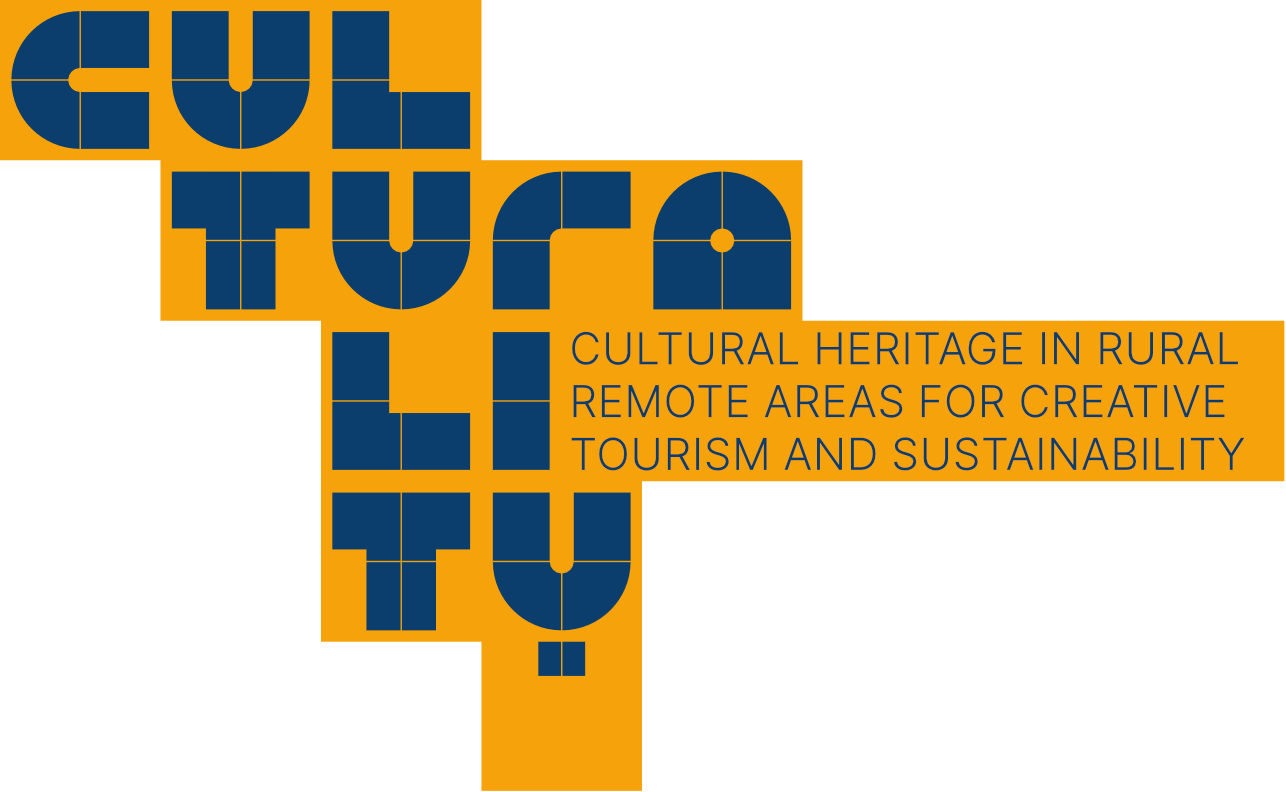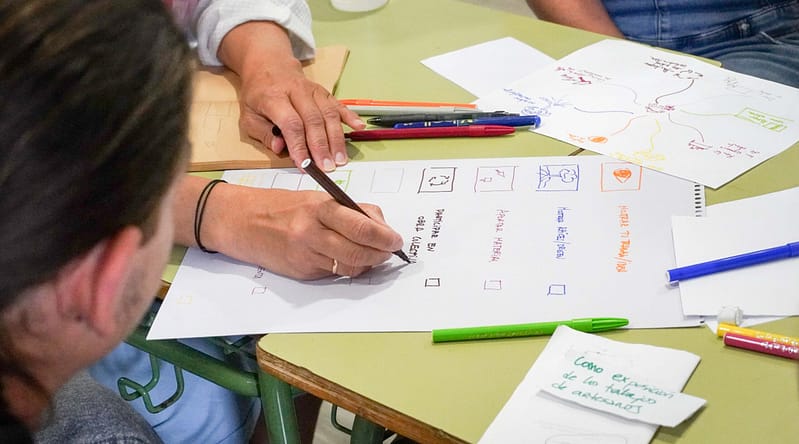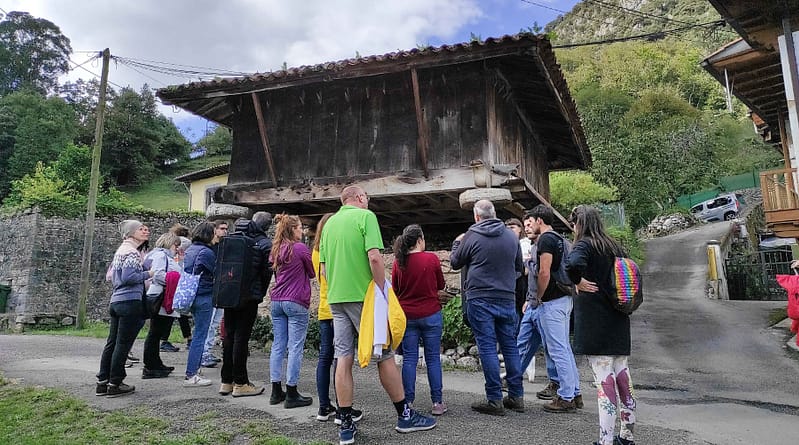
On the
spotlight!
Artefact GALLERY, third round
The third round of the Artefact Gallery focuses on the intersection of traditional craftsmanship and circular economy in rural areas across Europe. Many traditional crafts inherently embrace circularity, producing durable, repairable, and recyclable products made locally from renewable, locally sourced materials with minimal waste. Examples presented in this edition showcase how craftspeople keep on circular practices or, by making conscious adjustments, introduce principles of circular economy into their work, contributing to more sustainable and resource-efficient rural communities and society as a whole.
#3.2 - Selected by Universidad de Oviedo (Spain)
Creciendo Entre Dos Soles is a ceramic installation composed of a floor vessel and two wall-mounted suns, drawing deep inspiration from Asturian folklore and the protective symbolism of the thistle flower. Crafted from locally sourced clays and recycled fragments, the work embodies a commitment to circular sustainability by minimizing waste and reclaiming glazes. This piece bridges cultural heritage with environmental responsibility, celebrating the resilience of the natural world through a harmonious material narrative.
News & EVENTS
WELCOME TO CULTURALITY
The CULTURALITY project aims to promote cultural and creative tourism activities to aid the sustainable development of rural areas, encouraging job creation and population settlement. By researching the cultural heritage, including artisan material culture (techniques, materials, patterns, and decorative elements) and intangible culture (music, oral knowledge, and culinary traditions), the project will foster non-seasonal tourism. It will cater to local communities’ needs, focusing on at-risk groups like women, the elderly, and youth, involving international multidisciplinary teams specializing in digital heritage, research, communication and dissemination. The emphasis will be on constant collaboration and sharing of experiences to enhance collective knowledge and ensure optimal results.
how will we do it?
1
Establishing a collaborative network to promote cultural tourism in rural & remote areas through crafts & skills
2
Revitalising and economically developing local ecosystems through cultural tourism research activities linked to crafts
3
Embracing digital tools & technologies as a key platform to enhance productivity, visibility, and impact
4
Developing suitable stakeholder engagement tools & clustering actions
5
Promoting knowledge exchange and contributing to capacity building & p2p learning of local ecosystems as agents of change
Meet the partners
CULTURALITY brings together an international network of 13 organizations from 9 different countries with different backgrounds to tackle the current social, cultural, economic, and environmental challenges from rural & remote areas, raise awareness of the possibilities of cultural tourism and promote local communities as agents of change by providing a suitable framework for collaboration of the local ecosystems through training, peer to peer learning and knowledge exchange.



